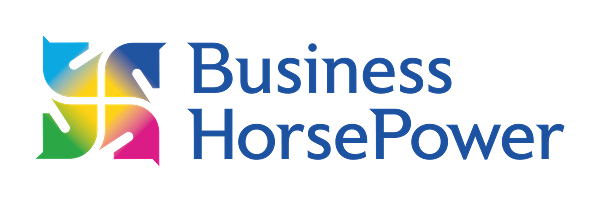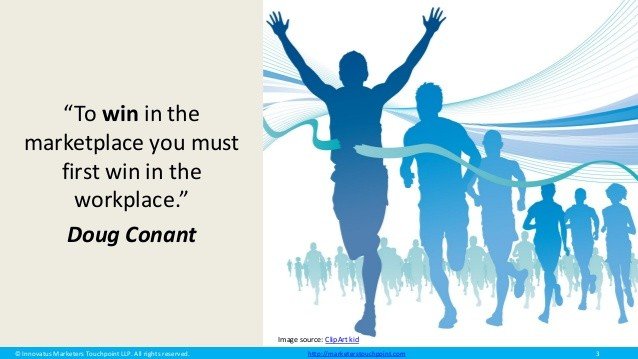Talent wins games, but teamwork and intelligence wins championships” – Michael Jordan
Team dynamics is one of the overlooked parts of a business. Yet it affects so much of a how a business operates, from the individual in the team to the company as a collection of teams to the entire market place. If a team is out of sync or out of flow, things happen slowly or at worst not at all. There is a lack of employee engagement and productivity as accuracy levels decrease, absenteeism increases, motivation is lacking and an unhealthy degree of competitiveness exists.
Team members make your company’s success and in an era that is so focused on technological advancements effective teamwork is your biggest competitive advantage. Yet so many companies are failing to grasp the value of increasing team engagement and the incredible benefits it can bring.
Gallup has been tracking employee engagement in the U.S. since 2000. Though there have been some slight ebbs and flows, less than 33% of U.S employees have been fully engaged in their jobs during these 15 years meaning they are involved in, enthusiastic about, and committed to their work and workplace. Worldwide, only 13% of team members are engaged.
More alarming Gallup’s 2016 survey for the UK reveals that the percentage of UK employees feeling engaged at work has plummeted to just 8%, down from 17% in 2012. In other words, only one in 12 British employees are highly involved in and enthusiastic about their work. These employees psychologically “own” their work, helping move their organisations forward by driving performance and innovation. The bulk of employees in the U.K. –73% — are classified as “not engaged,” and the remaining 19% are “actively disengaged,” resentful that their workplace needs aren’t being met and likely to be acting out their unhappiness on the job.
Here are some signs that your team might be underperforming:
- low levels of trust between team members
- team members are not able to handle conflict constructively
- the team is misaligned and lack commitment
- there is no compelling vision
- there is no accountability for the results
- unable to compete projects on time and within budget
- the business is losing marketshare and is failing to innovate
So why do team members become disengaged and fail to deliver value to the business? Oftentimes it is because the team is so busy they don’t have the time and energy to reflect on how things are going and what they could do better. In today’s frenetic business environment team members seem to have to continually react to situations rather than having the time to pro-actively plan, review and reflect on what is happening. This re-activity means that team members are often chasing their tails and figuratively going round and round in circles. This is why so many businesses have stalled and are not growing and being as productive as they could be. (It is no surprise that UK productivity levels are so low when employee engagement is so low – there is a direct correlation).
Another challenge brought by globalisation is the number of cross cultural and cross boarder teams. Many of these have different reporting lines with team managers who sometimes have different agendas for the success of the team. This lack of clarity brings uncertainty and can result in poor levels of trust and communication, meaning that there is no coherent approach to tackling the barriers to success.
Effective teams have the potential to turn around a company. By aligning their expertise teams can unleash their hidden potential and accomplish more than was initially conceived. It is definitely a case of 1+1=3. And yet as the Gallup statistics reveal many organisations are under-performing and simply not operating at their optimal potential.
A blueprint on how to operate in a high-performance manner exists in nature. Nature understands the importance of teamwork, as every function in nature is inter-dependent on one another. The crops can’t grow without water; animals can’t survive without food and water. There is an eco-system in nature which works in collaboration to ensure a harmonious existence. Now if only we could get our teams to work in the same way!





